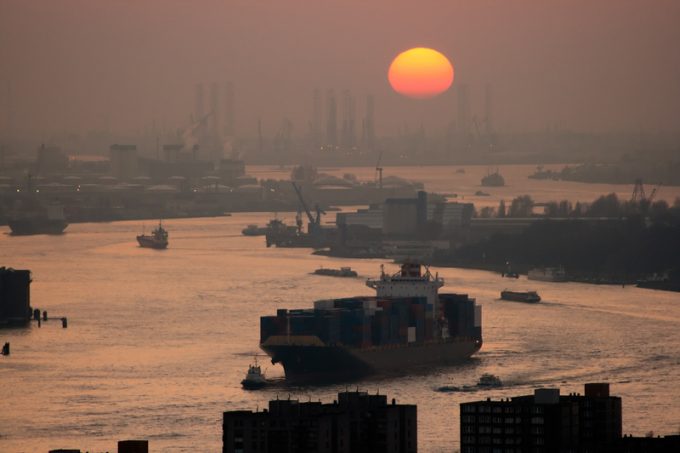Yang Ming to invest in newbuilds and staff as new chairman gets to work
Yang Ming’s new chairman, Tsai Feng-ming, has said that the Taiwanese mainline operator’s fleet plans ...

Faster transit times and improved reliability will be the key battlegrounds for alliances on the Asia-Europe trades when the four groupings become three next April.
According to Drewry, last week’s Asia-North Europe network redesign by 2M partners MSC and Maersk was focused on these two key elements.
“The ...
Predatory rivals circle as the ripples from DSV's Schenker buy widen
MSC Elsa crew face criminal probe, as Wan Hai 503 firefighters battle on
Latest Israeli attack on Iran a threat to box ships in Straits of Hormuz
Industry concerns rise after yet another box ship on fire off Indian coast
'It's driving us mad', say forwarders as US court fails to end tariff turmoil
European port congestion easing – for now
More legal trouble in India for MSC: feeder vessel detained after box ship disasters
MSC to hold 15% global container terminal market share after Hutch buy
EXCLUSIVE: The good old DSV, 'Winning as One' – all Schenker top dogs out (Part 2)
EXCLUSIVE: Schenker top exec departs 'One DSV' – fishing continues (Part 1)
DHL makes €500m bid to increase its presence in 'fast-growing Gulf markets'

Comment on this article